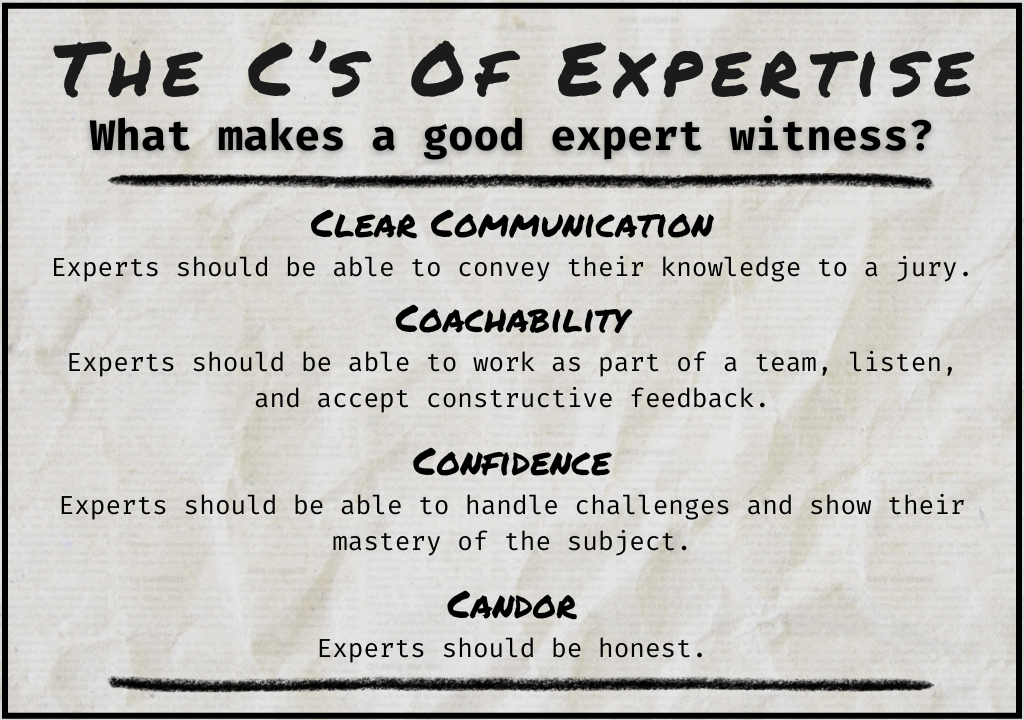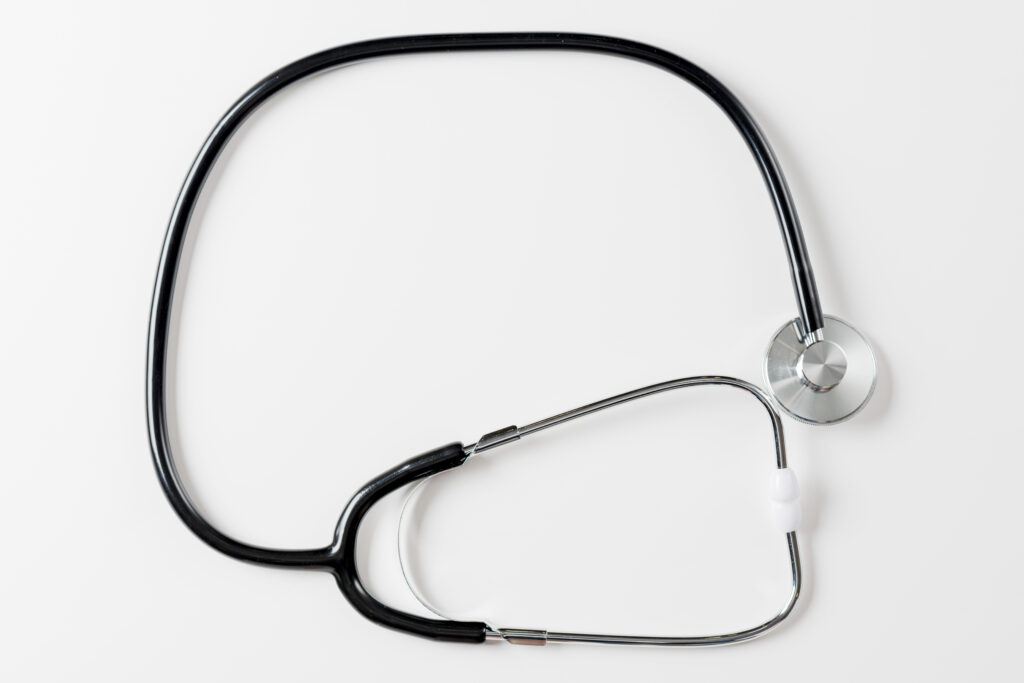The Power of Testimony: Medical Experts in Personal Injury Trials
Unveiling the Influence of Medical Testimony in Court Cases
The Critical Role of Medical Experts in Influencing Jury Decisions
When you’re in a courtroom, the stakes are high, and the words of a medical expert can be the pivot on which a case turns. These experts bring the hard facts to light in a way that’s clear for everyone to understand. They don’t just talk about injuries; they describe how these injuries will change lives. Juries listen to their voices because they explain complex medical issues with authority, drawing from their specialized knowledge and experience.
How Medical Testimony Can Make or Break a Personal Injury Case
Medical testimony in personal injury cases is like a key piece of a puzzle—without it, the full picture of a victim’s suffering might never be clear. Professionals in this field offer critical insights into the severity of injuries, projected recovery timelines, and the need for ongoing medical care, effectively bridging the gap between medical facts and legal outcomes. Moreover, testimony can include providing the link between the healthcare professional’s negligence and the patient’s injuries, supporting the extent of damages they sustained in the process. This can prove pivotal in establishing a causal relationship in a personal injury case, where negligence is a fundamental aspect that must be proven. If the testimony is strong and well-delivered, it can be the convincing factor that sways an insurance company or a jury to understand the true extent of harm and provide fair compensation.
Identifying When to Involve a Medical Expert in Cases
Scenarios That Warrant the Insight of Medical Specialists
You’ll often find that not every bump or bruise needs a medical expert’s insight in court. However, there are certain scenarios where their input can illuminate crucial details of a case. In complex medical malpractice cases, they can sift through technical jargon and present the facts simply and honestly. When it comes to defective products, they can pinpoint exactly how an item failed to meet safety standards. After car accidents, akin to accident reconstruction experts, these specialists break down the mayhem of the moment, providing a clear, precise interpretation of injuries and their implications. This caliber of expertise is often a keystone in personal injury trials, shedding light on the truth amidst a tangle of evidence.
Understanding Injury Severity and Necessity for Specialized Testimony
Grasping the severity of an injury is paramount in court as it not only influences settlement amounts but also the empathy of the jury. Medical professionals adept in injury causation and prognosis become indispensable in these scenarios. They offer detailed explanations on whether an injury will result in a brief recovery or radically alter an individual’s life. Particularly for severe injuries like brain trauma or spinal damage, medical experts are essential as they can delineate complex aspects such as the necessity for ongoing rehabilitation, the likelihood of future surgeries, and the long-term effects on the patient’s health and lifestyle. Their insights make the intangible aspects of injury and recovery tangible for all parties involved.
Types of Medical Experts Crucial for Personal Injury Trials
The Diverse Pool of Medical Professionals in Legal Arenas
In personal injury trials, the medical experts who step into legal arenas come from a broad spectrum of specialties. Each one brings a different perspective based on their field—be it neurology, psychology, orthopedics, or any other specialty. This diversity ensures that the testimony is not just accurate, but fully rounded, covering all bases from physical injuries to emotional trauma. Such a range of expertise is critical for presenting the most comprehensive view of the impact an injury has had on a person’s life.
Spotlight on Key Contributors: Neurosurgeons, Orthopedists, and More
Neurosurgeons and orthopedists are often key players in the courtroom drama of personal injury trials. Neurosurgeons delve into the intricacies of the brain and spinal cord, providing clarity on injuries that may not be immediately apparent yet have profound implications. Their expertise is vital as they need to be deeply knowledgeable on the matter to provide insightful perspectives that impact the case’s outcome. Similarly, orthopedists articulate the consequences of injuries to bones, joints, and muscles—crucial for understanding fractures or degenerative conditions resulting from accidents. These specialists, aided by their education, training, and substantial work experience, along with others such as psychiatrists or physiatrists, play vital roles in painting the full picture of a plaintiff’s experience, ensuring that justice is served in an informed manner.

Qualifications That Make an Expert Credible in Cases
Navigating Through Credentials: Finding the Right Expert
Choosing the right expert for your case is like picking the perfect guide for an expedition. You’d want someone whose expertise is undisputed, where qualifications and selection criteria are met with robust evidence of proficiency. Look for experts who have credentials that resonate authority—advanced degrees in their respective fields, certifications that underscore their commitment and understanding, and publications that establish them as thought leaders. In addition to their academic and professional accolades, they must exhibit a track record of practical experience that confidently stands scrutiny in the dynamic environment of a courtroom. This is essential for the determination of liability and to assist in evaluating the damages for due compensation.
Balancing Expertise and Experience: Essential Traits of Reliable Witnesses
Finding the ideal medical experts witnesses aren’t just about their list of degrees or the notches in their career belt. It’s also about balancing their expertise with real-world experience, which gives weight to their words. Reliable experts have been in the trenches—they’ve treated patients, witnessed outcomes firsthand, and stayed current with cutting-edge treatments. Plus, they must possess an ability to explain complex medical topics in simple terms because if the jury can’t understand them, their testimony won’t resonate.
The Procedural Journey of a Medical Expert Witness in Cases
From Examination to the Stand: The Lifecycle of Expert Testimony
The journey of a medical expert witness from their examination room to the witness stand is a fascinating transformation. Initially, they review case files, pore over medical records, and often physically examine the plaintiff to grasp the true scope of the injuries. Then, they translate that medical data into a court-friendly narrative, rehearsing to ensure their message is clear and concise. On the stand, they weave their findings into a story that resonates with the jury, bringing forth evidence with a blend of scientific rigor and compassionate understanding.

Behind-the-Scenes: Pre-trial Preparation for Medical Witnesses
Behind the closed doors of conference rooms, medical witnesses get ready for their moment in the spotlight. This isn’t just about brushing up on facts—it’s a strategic rehearsal. They anticipate every question that might come their way and fine-tune their answers to be both precise and impactful. Their preparation involves role-plays of cross-examinations to ensure they remain unflappable when faced with a real grilling. It’s all about staying composed, credible, and clear, even when the pressure mounts in the courtroom.

Assessing the Impact of Medical Evidence on Verdicts in Cases
Evaluating Liability and Damages Through Medical Eyes
When medical experts evaluate liability and damages, they’re not just looking at the injury itself, but the domino effect it sets off. They consider all the ways an injury can ripple out, impacting a person’s ability to work, their mental health, and their daily life, including the mental toll and potential anguish that could be a direct consequence. By showcasing the medical causes and consequences in detail—often acting on the plaintiff’s behalf—they help jurors grasp the nuances of what the plaintiff has gone through and might continue to face in the future, thereby influencing the size and scope of the damages awarded.
The Difference Detailed Medical Explanations Make to Jurors
When jurors hear detailed medical explanations, it’s like turning on a light in a dark room. Suddenly, the injuries and their implications become vivid and real. Instead of just seeing an X-ray or a scar, the jurors are given a virtual tour of the impact the injury has on the life of the plaintiff. The medical expert’s role is to translate technical language into everyday scenarios, helping the jury to understand not just the ‘what’, but the ‘why’ and the ‘how’ of a case, transforming their perspective and often, the trial’s outcome.
Strategizing With Medical Testimony: A Lawyer’s Guide to Cases
Best Practices for Attorneys Utilizing Expert Witnesses
Attorneys who know how to work with expert witnesses have a winning edge. It’s all about clear communication—ensuring your expert understands not just the medical facts but also the criteria and nuances of the story you’re trying to tell. The key is to collaborate early and often, tailoring the expert’s testimony to suit the selection criteria relevant to your case. By doing so, attorneys can leverage the expert’s qualifications to bolster the case’s credibility. You should also help them hone their ability to simplify complex medical terms, making their testimony accessible to everyone in the courtroom. Furthermore, ensuring consistent communication via email can be an instrumental tool in maintaining clarity and precision throughout the process. Lastly, anticipate and prepare for tough cross-examination so that your expert’s credibility stands strong under scrutiny.
Overcoming Challenges and Enhancing Witness Credibility
Enhancing the credibility of a medical expert witness is like polishing a gem—it’s all about removing any flaws that might be used against them. Prepare your expert for the hard hits: challenges to their methodology, questions about potential biases, and piercing scrutiny of their entire professional history. Encourage them to stay consistent with established scientific principles and to disclose any limitations of their testimony upfront. Expert witnesses must provide their opinions based on education, training, and work experience relevant to the specific matter to withstand such scrutiny. It’s about showcasing their expertise, their impartiality, and their thoroughness—leaving no room for doubt in the minds of the jury. Their rigorously supported testimony can be decisive in the determination of liability and compensation.
Beyond the Trial: The Ongoing Evolution of Expert Testimony in Cases
Technological Advances Shaping Future Courtroom Dynamics
Technology is revolutionizing the courtroom, and in the future, medical expert testimony is set to become even more compelling. Imagine virtual reality reconstructions of injuries or digital simulations that let jurors witness an accident from the victim’s perspective. Such advances can bring a level of understanding that was previously unattainable, making complex medical conditions simple to grasp. For lawyers and experts alike, staying ahead of the tech curve could mean the difference between a win or a loss in court.
Ethical Considerations in the Changing Landscape of Expert Involvement
As the role of expert witnesses evolves, so too do the ethical considerations. It’s crucial for experts to uphold the highest standards of integrity, always ensuring their testimony is rooted in objectivity and factual evidence. They must steer clear of conflicts of interest and maintain confidentiality at all times. Staying ethical isn’t just about personal reputation; it’s about the justice system’s trust in the testimony provided. In the ever-changing legal landscape, ethical conduct remains the unwavering foundation of a credible expert witness.
FAQ
What Qualifies Someone as a Medical Expert?
A medical expert is qualified by their extensive knowledge, gained through education, like a medical degree, and practical experience in their field. They must have a history of working with conditions or injuries relevant to the case and be recognized by their peers for their expertise, often demonstrated by certifications, publications, and positions in academia or healthcare institutions.
How Do I Know if My Case Needs a Medical Expert Witness?
Your case may need a medical expert witness if the injuries are complex, if there’s a dispute about the cause or extent of your injuries, or if specialized medical knowledge could clarify the facts for the jury. Talk to your attorney; they’ll help you understand whether an expert can strengthen your position based on the specifics of your situation.
What is the Process of Selecting a Medical Expert for My Trial?
Selecting a medical expert for your trial involves identifying someone with relevant experience to your injury type and vetting their credentials. Your attorney will likely lead this process, considering experts’ educational background, practical experience, and courtroom demeanor. They’ll also evaluate the expert’s prior testimony and published works to ensure their credibility aligns with your case needs.
Can a Medical Expert Witness Really Influence the Outcome of My Case?
Absolutely, a medical expert witness can greatly influence your case. They have the power to clarify complex medical issues for the jury, establish the cause of your injuries, and provide authoritative opinions on the impact these injuries will have on your life. Their testimony can be pivotal in securing a favorable settlement or verdict.
How Does the Cross-Examination of Expert Witnesses Work?
During cross-examination, the opposing attorney questions the expert to test the reliability and validity of their testimony. They challenge the expert’s credentials, methodologies, and the substance of their opinions, aiming to expose any biases, weaknesses, or inconsistencies. The process serves to give the jury a full picture of the evidence’s strength.
Header Image by senivpetro on Freepik
Stethoscope Image by freepik
All we do is fight for injured victims. And we do not accept defeat.
(512) 996-6369
help@dfoxlaw.com
Address
206 W. Main Street #108, Ste B, Round Rock
TX 78664
